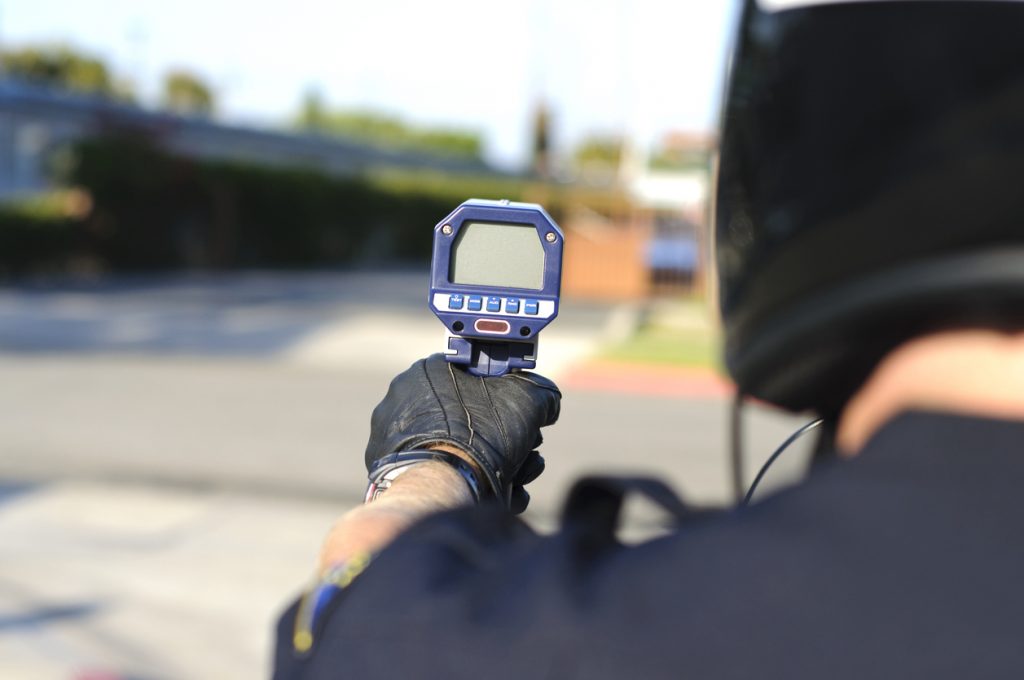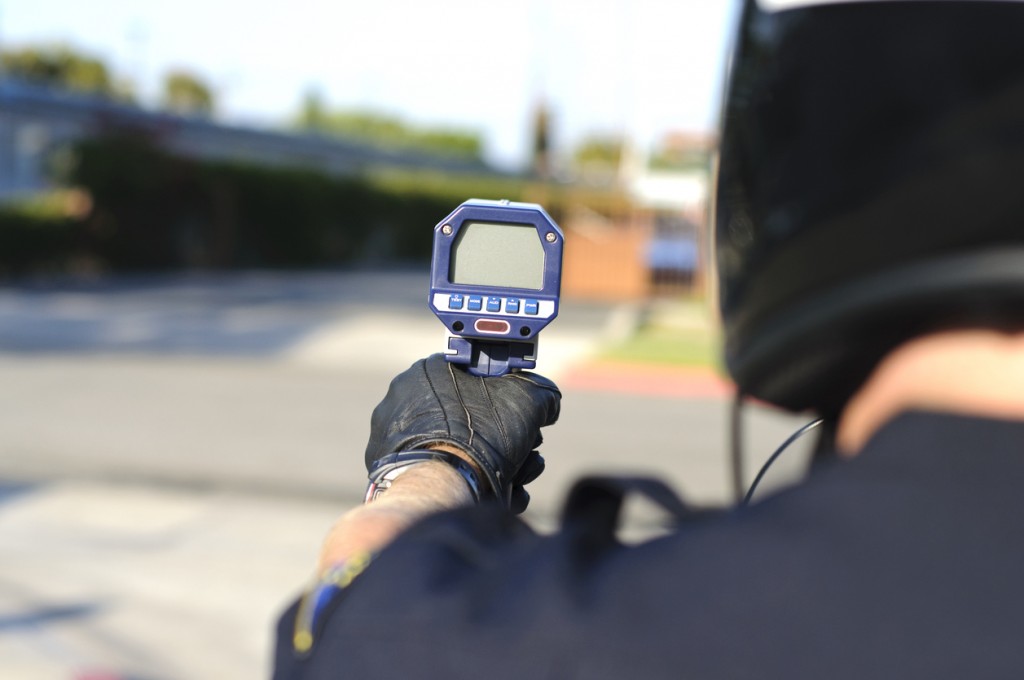And we don’t mean “ha-ha” funny.
Speed Fills (The Coffers)
In 2004 the city of Coopertown, Tennessee, realized they had a law-enforcement problem: the cops were costing the city too much money. The Robertson County Times reported that the police department cost about $125,000 to run, but that they had given out only $17,000 worth of traffic tickets. To take care of the problem, the city lowered speed limits and had the cops start handing out more tickets. In the first six months of 2005, the revenue from court fines jumped to more than $155,000—a 700 percent increase over all of 2003. “Our police department,” said Mayor David Crosby, “will be self-sufficient from now on.”
My Friend Bill
In May 2005, the government watchdog group Public Citizen found an odd provision in the 700-page Senate energy bill: it provided federal loan guarantees to “coal-gasification” plants in any “western states” situated at an elevation above 4,000 feet. Public Citizen looked to see how many companies fit that description and found only one: Medicine Bow Fuel & Power of Medicine Bow, Wyoming. That company was formed by DKRW, a Houston-based energy company—started and run by former executives of Enron. If the bill passed, the provision would give the company hundreds of millions of taxpayer dollars in loans—money they wouldn’t have to pay back if the company failed.
After Public Citizen issued a statement about the questionable provision, the Senate Energy and Natural Resources Committee denied that it was written with DKRW in mind. The proposal was written for another project, they said, that hadn’t been publicly announced yet…and was a secret.
Humble Students
While four University of Memphis basketball players were playing in a big Saturday-night game for the school in 2004, the campus apartment they all shared was broken into and burglarized. According to the police report (which got into the hands of the local press), the stolen items included: $2,500 in diamond earrings, $4,000 in custom-made shirts, $6,000 worth of shoes, and eight mink coats worth $40,000. Two days later a university spokesman said the report was wrong—the mink coats were only worth $28,800 and didn’t actually belong to the students, who were all on scholarships. (It is forbidden for colleges to pay athletes.)
Greasing The Wheels
In June 2005 documents leaked to the New York Times showed that Philip Cooney, chief of staff to the White House Council on Environmental Quality, had altered several scientific reports on global warming. His changes, such as adding the words “significant and fundamental” before the word “uncertainties,” softened the reports’ findings. Richard Piltz, the former government official who leaked the documents (he had resigned in disgust three months earlier), said that Cooney had made the changes to create “an enhanced sense of scientific uncertainty” about the implications of climate change.
Cooney has no scientific training in his background; he’s a lawyer. His last job before President Bush appointed him to the White House: he was a lobbyist at the American Petroleum Institute. Two days after the Times revealed Cooney’s pseudo-scientific editing work, he resigned from his position. The White House said it was unrelated to the leaks.
Final Funny Note: The day after Cooney resigned from the White House, he got a new job…at Exxon Mobil.
And on a Note…
In December 2004, after an 18-month battle, Internet software company PeopleSoft was taken over by rival Oracle. Oracle immediately announced that 5,000 PeopleSoft employees would be laid off. In April 2005, David Duffield, PeopleSoft’s co-founder and former CEO (he quit when the company was taken over) started a fund called “Safety Net.” It offered as much as $10,000 in tax-free grants to any of his former employees who were in financial troubles because of the merger. He started the fund with $10 million of his own money.










